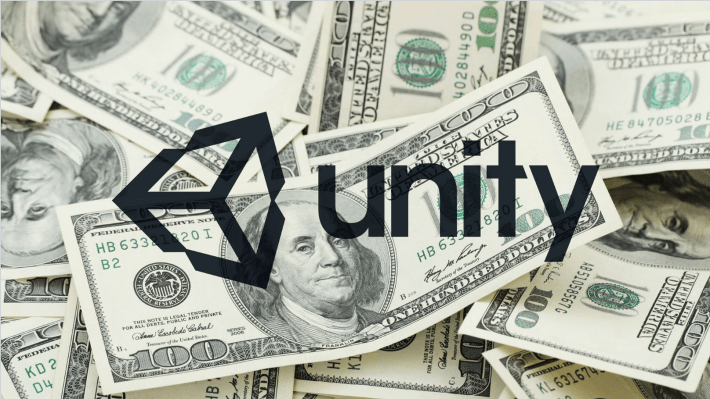Over the last few years, Unity Technologies has grown to become indispensable to the gaming industry and much of the entertainment industry as an engine for building experiences in one place and distributing them across a swath of platforms. Now, with the rise of augmented and virtual reality, we are rapidly approaching the likelihood that the future will be built on Unity.
To do that, the company is gonna need a bit of cash.
Today, Unity Technologies announced that it has closed a $181 million Series C round of funding led by DFJ Growth. Also participating in the round are China Investment Corporation, FreeS Fund, Thrive Capital and Max Levchin, alongside existing investors that include Sequoia Capital and WestSummit Capital.
This hefty round of funding dwarfs the company’s previous capital raised (just $25.5 million) and is representative of just how aggressively the company has been maneuvering as of late. The New York Times quotes two sources as saying that this deal valued the company at about $1.5 billion. There were rumors in late 2014 that Microsoft was mulling over the idea of purchasing Unity for somewhere between $1-2 billion, but that obviously never came about.
The 12-year-old company has seen some of its most feverish growth in the last few years as its separated itself as the de facto game engine of choice. Today, the company released updated stats conveying that over 5.5 million developers have registered themselves on the Unity platform. By comparison, Unity’s closest competitor, Epic Games, recently announced that their Unreal Engine is sporting 2 million registered users.
Unity’s rapid embrace of a diverse swath of platforms has been one of the most significant boons to its success. Unity was largely an underdog in the game engine space until it fully embraced mobile in 2008 and became one of the first platforms to support the iPhone during the earliest days of the App Store.
From there, Unity has spent a good deal of effort in staying on top of the latest trends. VR and AR represent that for the company right now. About 90% of the content made for Gear VR, one of VR’s most widely adopted headsets, has been built on the Unity platform, the company estimates. AR-based experiences like the current smash-hit Pokemon Go were also built on Unity Technologies’ game engine.
“Unity’s platform has revolutionized the game industry by allowing any size studio from Indie to Triple-A to create beautiful and compelling games and experiences and monetize them with their advertising and analytics services,” Barry Schuler, partner at DFJ Growth said in a statement accompanying today’s news. “Now Unity is poised to accelerate the advance of AR/VR with their unique ‘write once/ publish many’ engine which allows studios to easily support all hardware platforms without having to attempt to choose a winner.”
DFJ Growth is the later-stage investment arm of Draper Fisher Jurvetson. The group boasts investments in companies like Box, Foursquare and Tumblr. As a part of this deal, Schuler will be taking a seat on Unity’s board.
